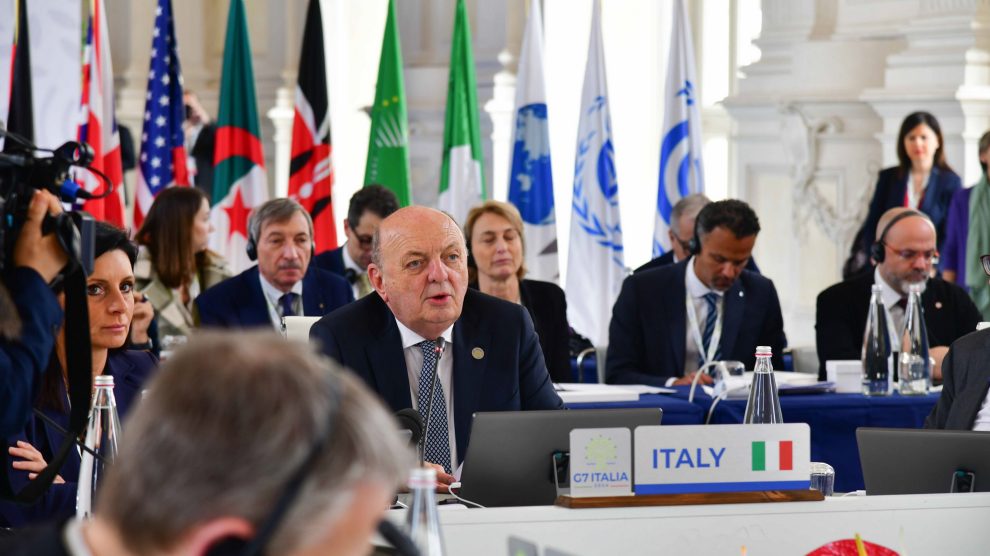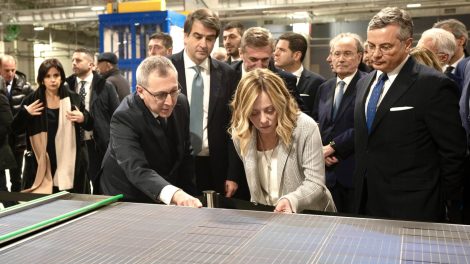2035, the new target. The G7 Meeting on Climate, Energy and the Environment in Turin has reached a historic agreement to phase out the use of coal, the most polluting fossil fuel, by 2035. The agreement came after intense negotiations with Germany and Japan, which are still heavily dependent on energy generated by coal-fired power plants.
- The G7 has pledged to significantly increase investment in electricity transmission and distribution networks by 2030 for renewables and electrification. This recognizes the need for an annual investment of USD 600 billion to meet the target.
- Another key goal set by the G7 Energy ministers in Turin is to reduce methane emissions from fossil fuel chains by 75 per cent by 2030.
- Italy, which is expected to generate only 4.7% of its electricity from coal in 2023, aims to lead by example and close all coal plants by 2025.
The hot topic of nuclear energy. The final communiqué of the meeting includes a section highlighting the importance of nuclear energy as a means of reducing dependence on fossil fuels. In particular, the communiqué refers to the G7’s commitment to supporting multilateral efforts to strengthen the resilience of nuclear supply chains, directly mentioning the development of advanced and small modular reactors, such as micro-reactors.
- The Italian government is considering the possibility of restarting the production of green nuclear energy by using fourth-generation reactors. On this issue, the government has repeatedly aligned itself with France, the champion of nuclear energy in Europe, and in stark contrast with Germany, which is in the process of phasing out nuclear power.
- This is also confirmed by recent statements by the Minister for the Environment and Energy Security, Gilberto Pichetto Fratin, who has opened up the possibility of building fourth-generation nuclear reactors in Italy.
North-South cooperation. The G7 energy meeting also addressed the issue of scaling up climate finance and finding ways to strengthen cooperation with developing countries. The final G7 document confirms the 100 billion investment plan for developing countries for the period 2020-2025.
- One of the Italian government’s objectives is to find coordination mechanisms to ensure that the Mattei Plan for Africa complements G7 projects, in particular for the use of green energy and sustainable finance.
- This was also proposed by Lyndsey Merrill, Special Assistant to the US President and Senior Director for Energy and Investment at the White House, on Sunday during a side event organized by the Atlantic Council Global Energy Center, as reported by our sister website.
- According to Minister Pichetto Fratin, the G7 ministerial meeting in Turin turned out to be “a bridging operation between Cop28 and Cop29 with the G20 alongside.”
New sanctions on LNG? Speaking on the sidelines of the G7 meeting, Minister Pichetto Fratin said that Italy would not oppose new sanctions on Russian LNG exports being considered by the European Commission as part of the new Russia sanctions package.
- Mr Fratin said that “Italy is now in a position to do without Russian gas altogether”, with imports from Russia accounting for less than 5% of Italy’s total gas imports last year, down from 43% in 2020.




